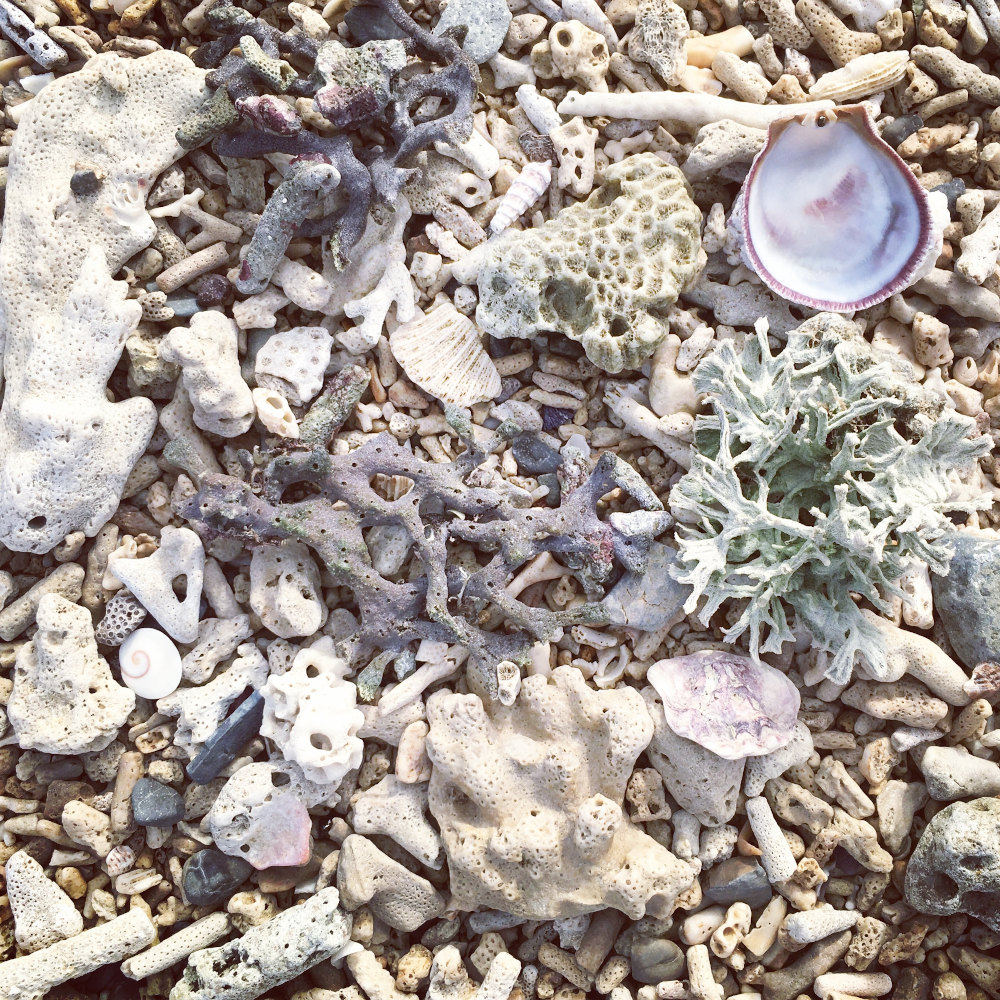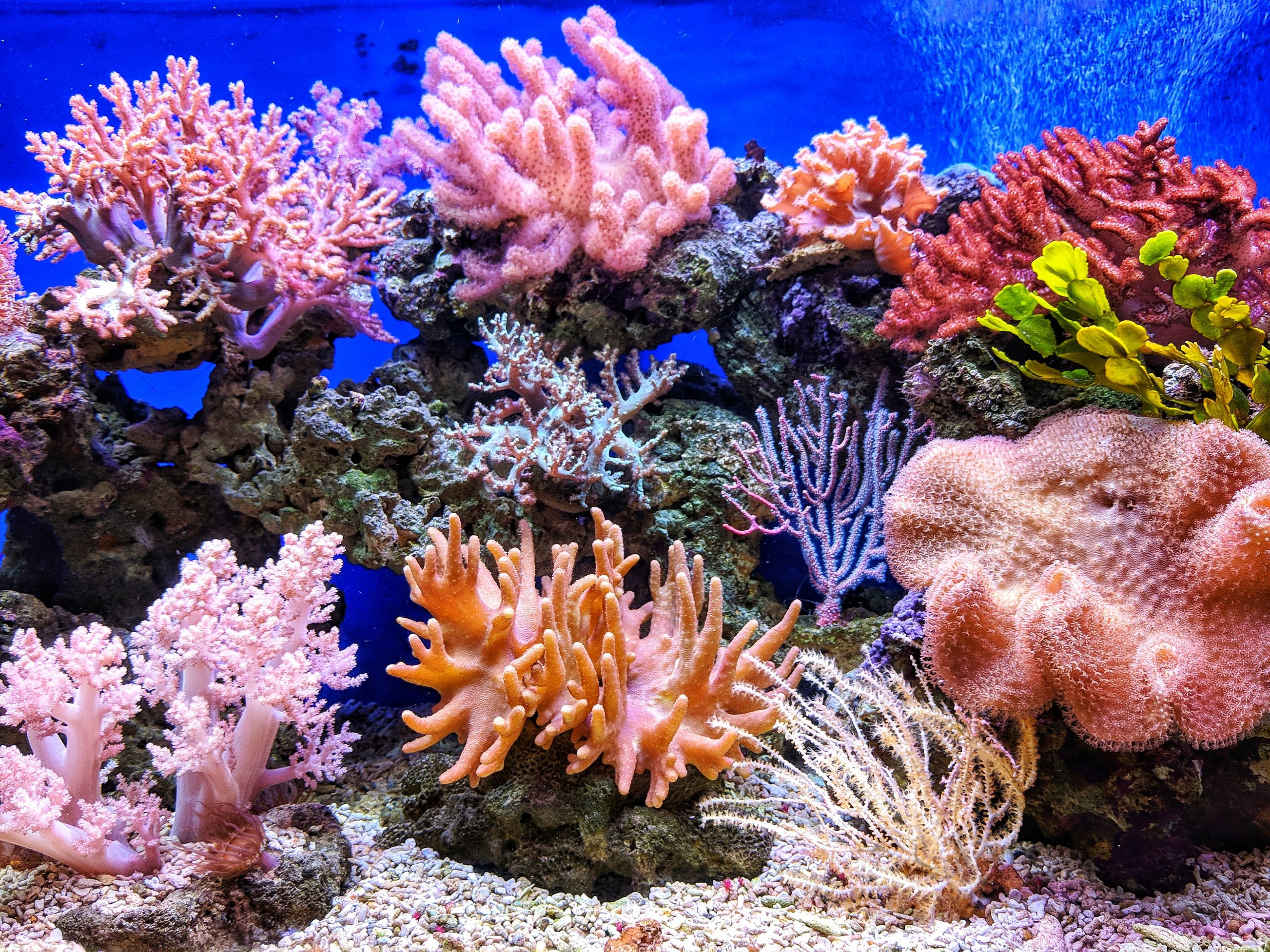
Deep sea coral reefs are at risk of fracturing due to increased ocean acidity, according to new research.
A team led by the University of Edinburgh found that the underlying structures of the reefs – which are home to a multitude of aquatic life – are at risk due to the higher levels of carbon dioxide in the sea.
Hundreds of metres below the surface of the ocean in Southern California, researchers measured the lowest – therefore the most acidic – pH level ever recorded on living coral reefs.
The corals were then raised in the lab for one year under the same conditions.
Scientists observed that the skeletons of dead corals, which support and hold up living corals, had become porous due to ocean acidification and rapidly become too fragile to bear the weight of the reef above them.

This causes early breakage and crumbling, experts say, that may cause whole coral ecosystems to shrink dramatically in the future.
The findings complement recent evidence of porosity in tropical corals, but demonstrate that the threat posed by ocean acidification is far greater for deep-sea coral reefs.
The scientists worke, under the EU-funded ATLAS and iAtlantic projects, with researchers from Heriot-Watt University and the National Oceanic and Atmospheric Administration (NOAA) assisting.
Dr Sebastian Hennige, of the University of Edinburgh’s School of GeoSciences, said: “This study highlights that a major threat to these wonderful deep-sea ecosystems is structural weakening caused by ocean acidification, driven by the increasing amounts of carbon dioxide we produce.
“While deep-sea reefs exist out of sight they are certainly not out of mind, and our work highlights how scientists from different disciplines and countries can join together to tackle global challenges.”
The corals in Southern California – one the most acidified reefs studied to date – are already experiencing the effects of climate change and exist in conditions that most deep-sea reefs are expected to encounter by the end of the century, scientists say.
Dr. Peter Etnoyer, of NOAA’s National Centers for Coastal Ocean Science, added: “Deep-sea corals growing off Southern California are a window into the future ocean. The region is a natural laboratory to study the effects of ocean acidification.”
The UK team also applied engineering principles to demonstrate the rapid weakening of the skeletons and discovered a striking similarity to the weakening observed in human bones from osteoporosis.

